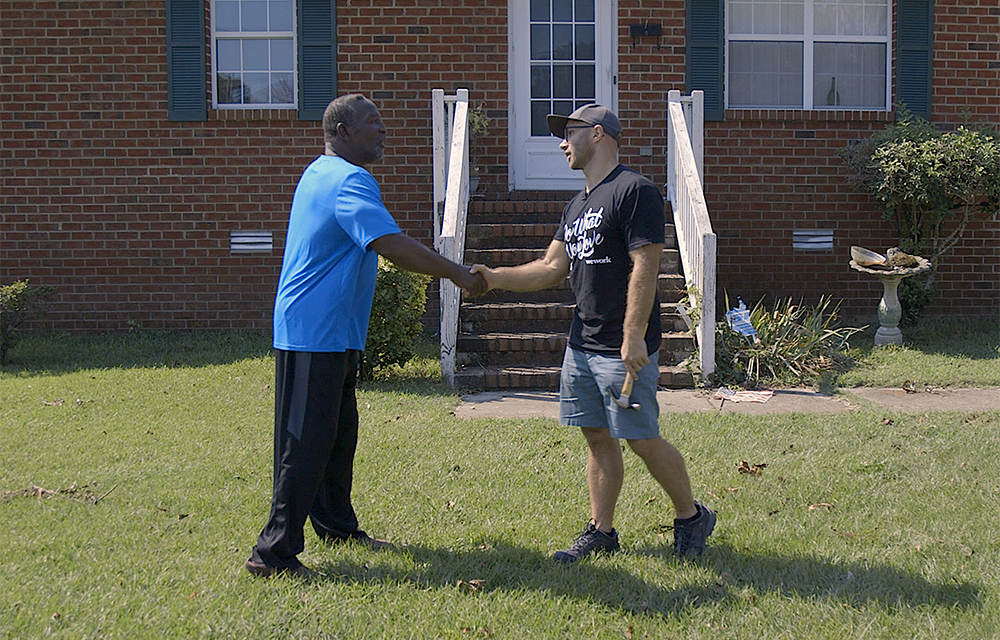Last month I was at a conference listening to Vicki Saunders speak.
Vicki is the founder of SheEO, an organization that supports and finances female innovators and entrepreneurs through a concept she calls radical generosity.
At one point, she asked us a question: “How many of you would help someone you knew was in need if you could?”
All 93 of us raised our hands.
“Okay,” she said. “Now raise your hands if you feel comfortable asking somebody for help.”
About seven people raised their hands. I wasn’t one of them.
“See?! Now, why is that? You clearly see that people are all around you that want to help and you’re not taking advantage of that. We all need help sometimes. And not only that, you’re depriving those people of the opportunity to contribute to your success or accomplishments.”
I had never thought of it that way, but it makes total sense. Why is it that we are so averse to asking for and accepting help? Is it that it makes us feel like we are inadequate or inept? Is it because we don’t want to be a burden to people?
Nobody has achieved anything great completely on their own.
I saw this firsthand over the past week when dispersing the funds we raised for Hurricane Florence relief. Several people, in dire situations, were reluctant to take money because, according to them, “there are lots of people worse off.”
I understood their point, because some people literally lost everything, but it was a little hard to understand — while I stood among their piles of furniture, inventory, clothes, and other belongings ruined by the flood — why they struggled to accept the help they so clearly needed.
When I stood my ground and was adamant about giving the small donation, almost all of them broke into tears. It is a long road to recovery and they will need all the help they can get.
The times will come, more often than not, where we need an extra push, or an extra pull, or just a helping hand. We owe it to ourselves, and to those that care about us, to accept the help.
But the real goal is this: when we are to the point where we’re able to extend that hand back to someone else, we have to be there. That’s what makes the pay-it-forward system work.
There’s no doubt in my mind the people I helped last week would have done the same for me.
SheEO’s credo is simple: “If you need something, ask. If you have something to give, please offer it. We are all at different stages and ages and we come from different experiences. We are here with our sleeves rolled up, ready to help one another.”
Although in this case, it applies to women supporting women, I think that we’d all be wise to listen to these words and take heed of this advice.
The part that sticks out to me is: “we are all at different stages and age and we come from different experiences.”
I will gladly help someone who is struggling, because I know what it is like to struggle. I will offer someone help, because I know how relieving it felt when someone helped me during those times. And moving forward, I will try to be better about asking for help when I need it, because sometimes (many times, in fact) we just can’t get there alone.
There’s an old saying that does it better than I can.
“If you want to go fast, go alone. If you want to go far, go together.”
Related Stories
‹
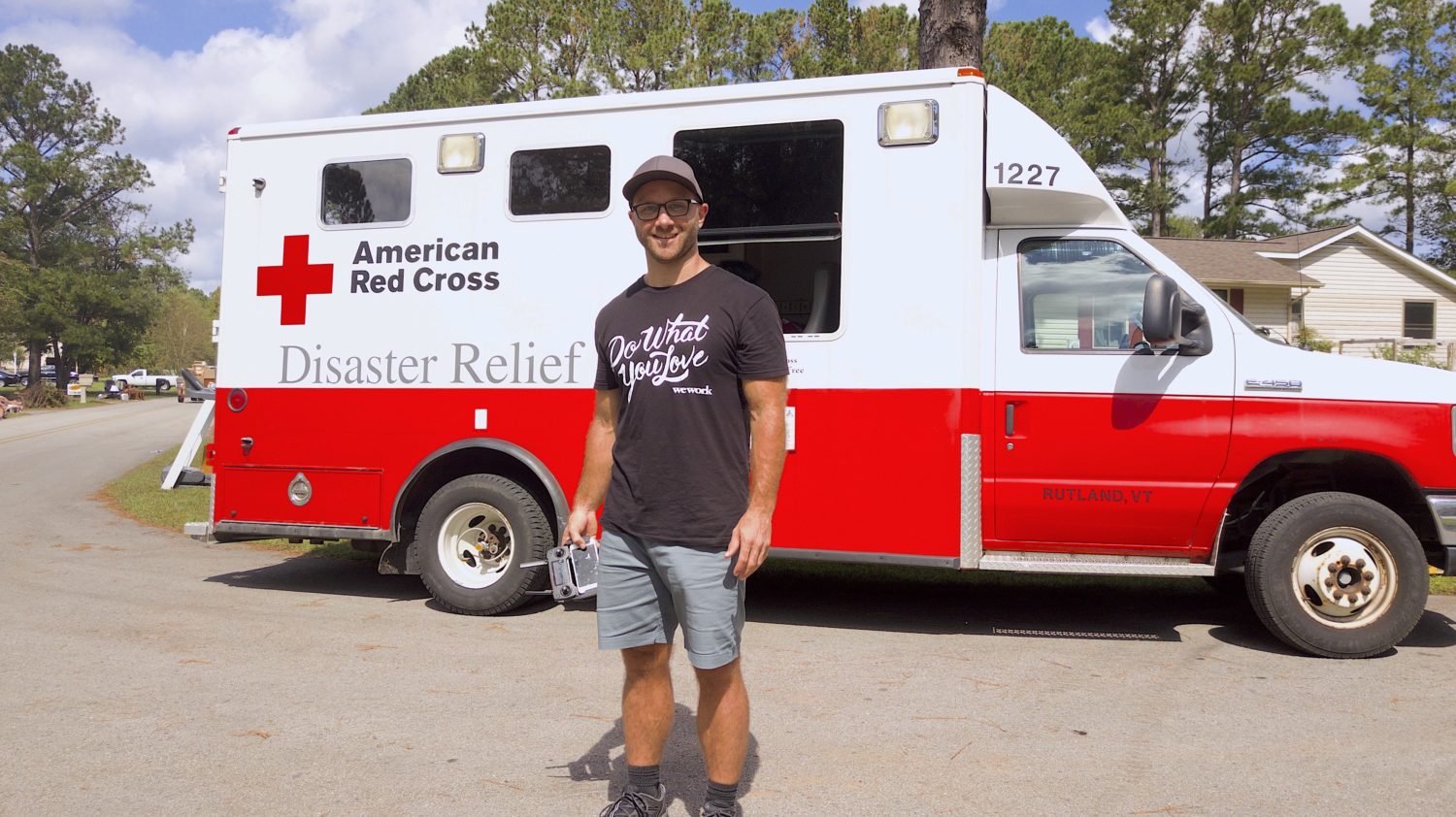
Right as Rain: Weathering Storms with American Red CrossSaturday night, Maya and I got all dressed up for the American Red Cross Ball in Raleigh. I was premiering a short documentary that would serve as the motivational piece to urge local companies and individuals to donate to the Red Cross mission. This is a very typical job for me – creating impact videos […]

Why Do They Flock to Turkey Trots? Runners Count the ReasonsTurkey Trots have become an enduring tradition for many people. Some do it for fitness, others for family and community, others for charity.
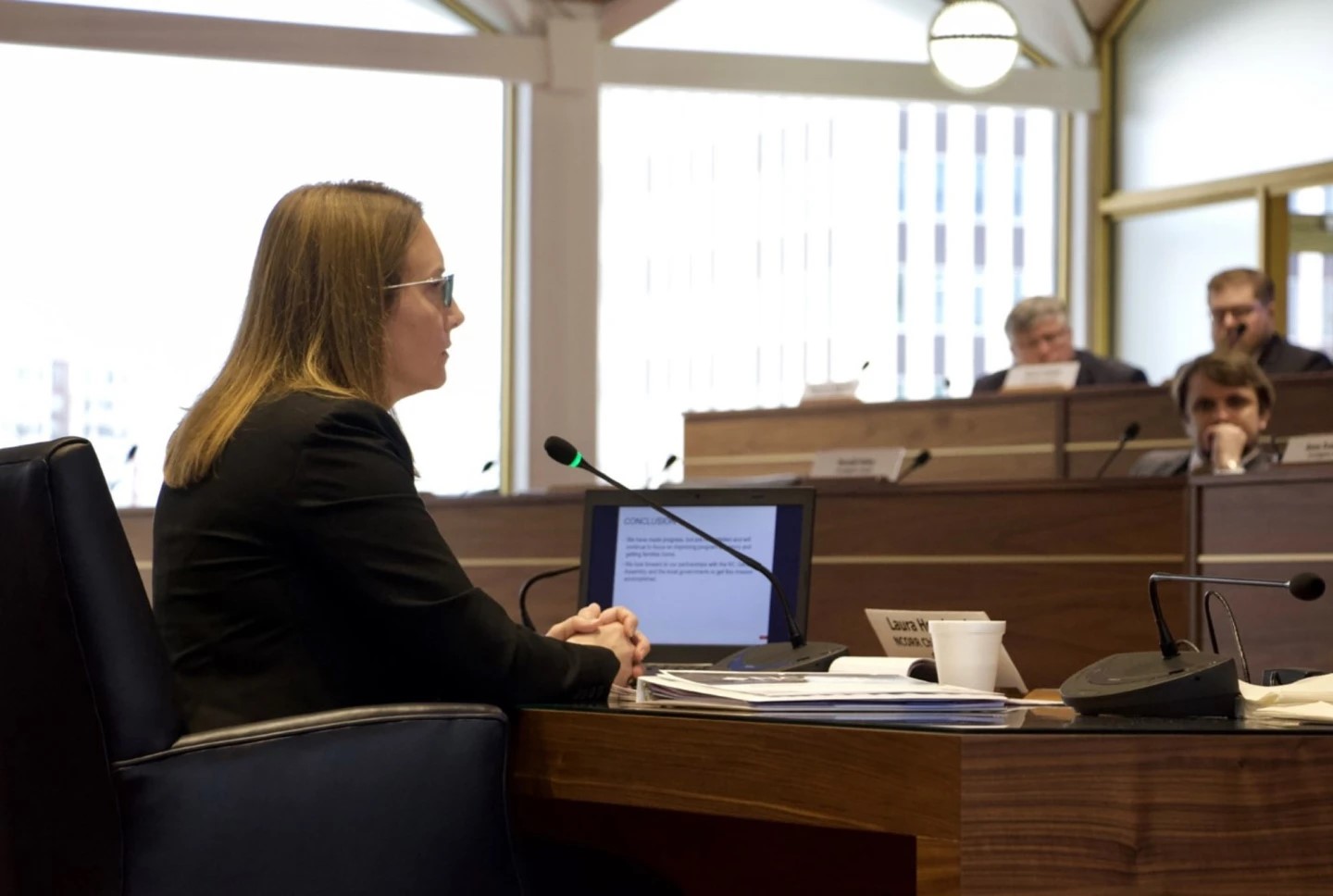
North Carolina Official Overseeing Hurricane Rebuilding Efforts Is No Longer in RoleThe top North Carolina official for rebuilding efforts after natural disasters is no longer working in the position, the AP reports.
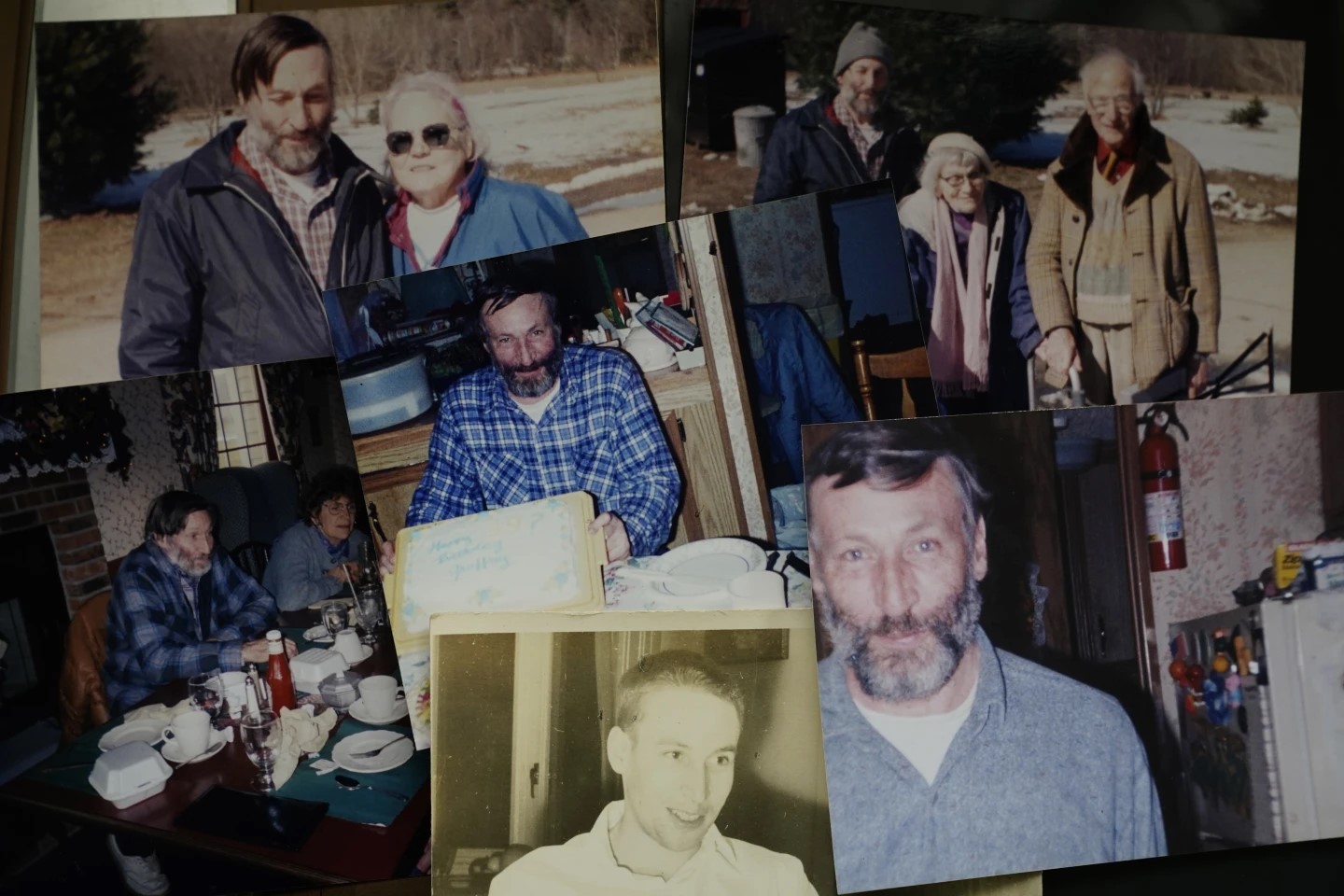
New Hampshire Man Had No Car and No Furniture, but Died With a Big Secret, Leaving His Town MillionsWritten by KATHY MCCORMACK and ROBERT F. BUKATY Geoffrey Holt was unassuming as the caretaker of a mobile home park in Hinsdale, New Hampshire, where he lived a simple, but curious life. Residents would see Holt around town in threadbare clothes — riding his lawn mower, headed to the convenience store, parked along the main […]
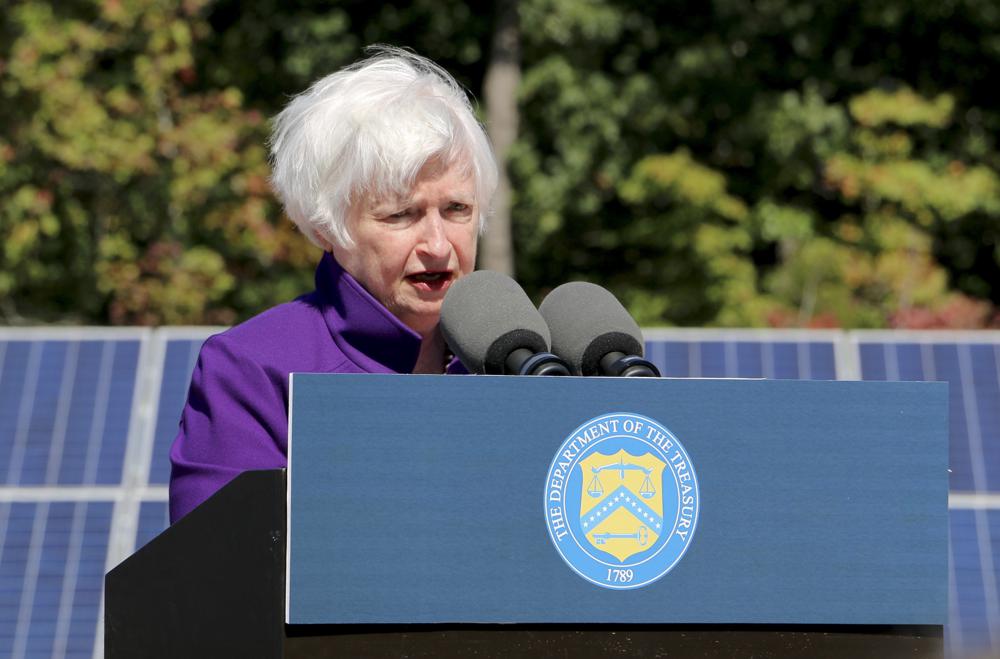
Yellen Warns Inaction on Climate Could Cause Economic CrisisWritten by HANNAH SCHOENBAUM Treasury Secretary Janet Yellen warned Tuesday of economic calamity if climate change is not addressed with immediate government intervention. Joined by local business owners and prominent Democrats in North Carolina, Yellen said the increasing frequency and severity of natural disasters could create devastating short-term supply reductions of everyday goods that could […]
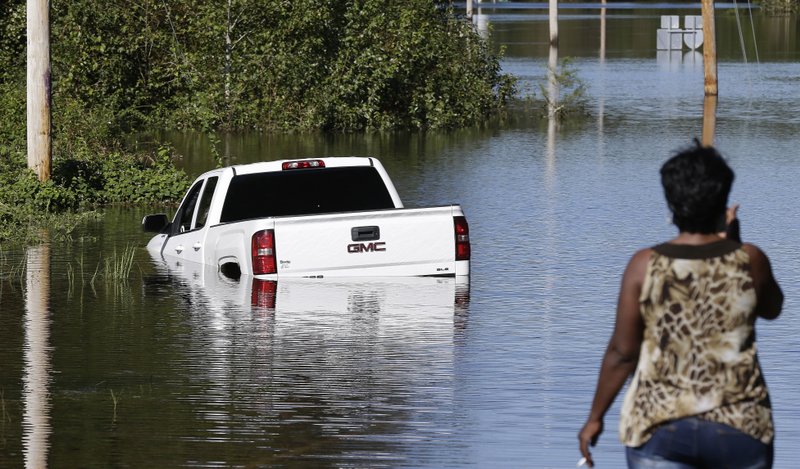
Bill Seeking to Shore up Flood-Prone NC Areas Gets HearingA top North Carolina House Republican says legislation that would spend $220 million in part to shore up highways, rivers and coastal areas prone to flooding will make the state more resilient when the next big storm arrives. The House Environment Committee scheduled debate Tuesday on the proposed “Disaster Relief and Mitigation Act,” pushed in […]
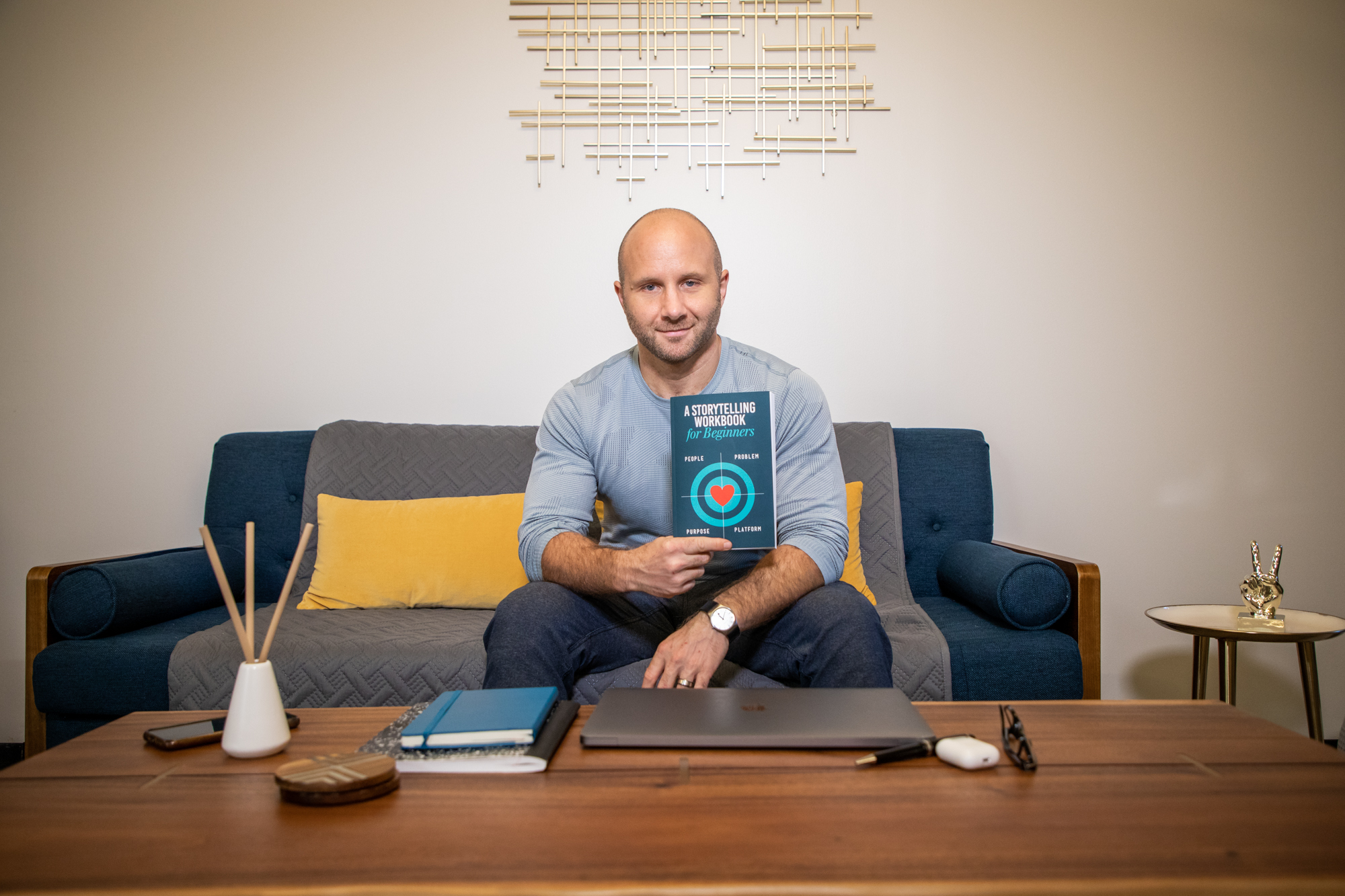
Right as Rain: Trying New Things Is ScaryConfession time. I’m doing a lot of new things this year and they all scare me. I hate that feeling. But also… I LOVE IT. Because what I’ve learned along the way, through the struggles I’ve experienced while in “The Pit” — which I’ve talked about a lot in the Right as Rain column — […]
![]()
Bernie Sanders’ Mittens, Memes Help Raise $1.8M for CharityAbout those wooly mittens that U.S. Sen. Bernie Sanders wore to the presidential inauguration, sparking endless quirky memes across social media? They’ve helped to raise $1.8 million in the last five days for charitable organizations in Sanders’ home state of Vermont, the independent senator announced Wednesday. The sum comes from the sale of merchandise with the […]
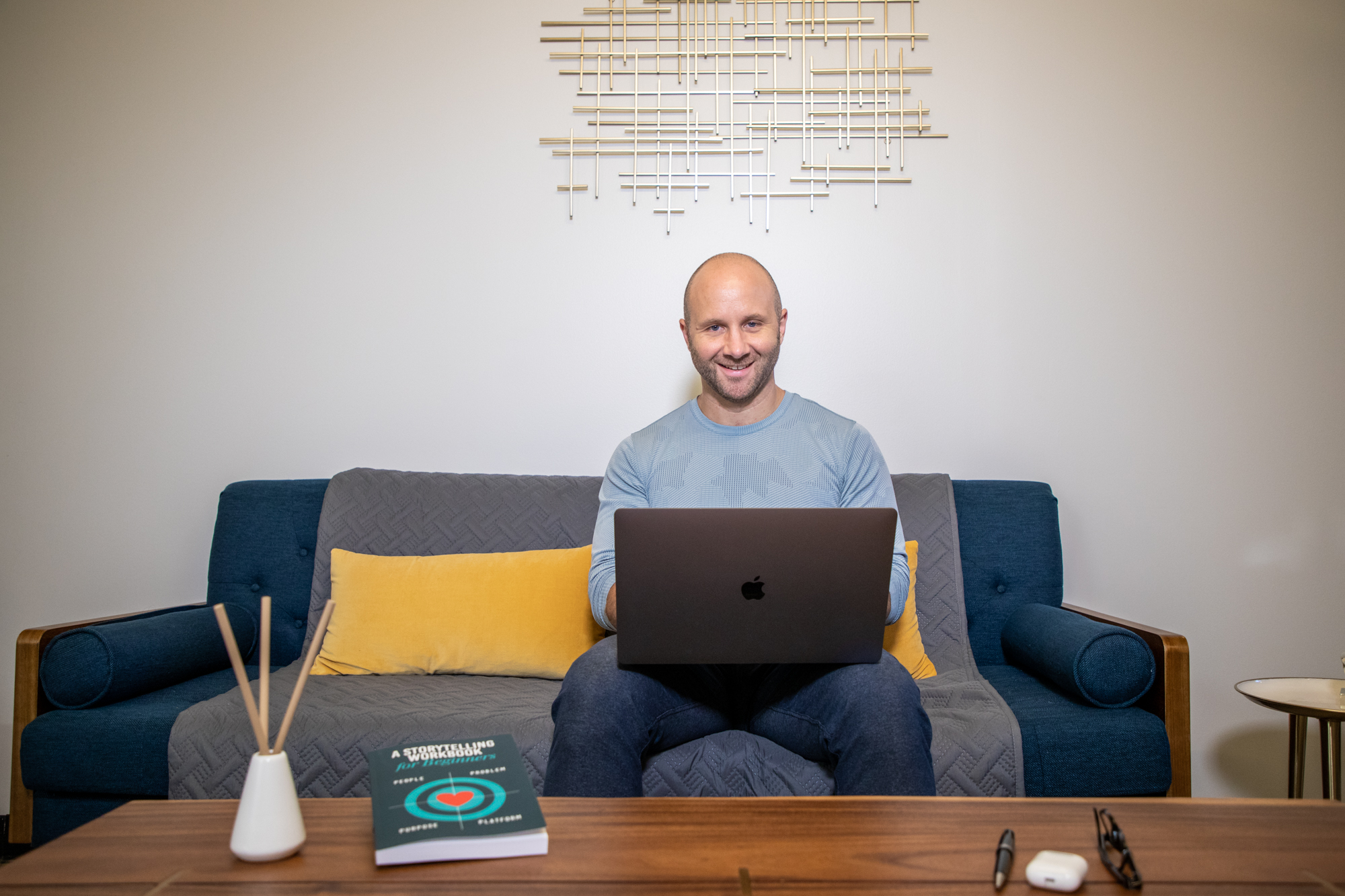
Right as Rain: Drop the Resolutions, Pick up the ProcessEvery January I sit down and write my goals for the upcoming year. And every year, I have tweaked the process. I still complete a “Gratitude List” of my accomplishments from the previous year — and more importantly, the folks that contributed to them. That has been one of the best ways for me to […]
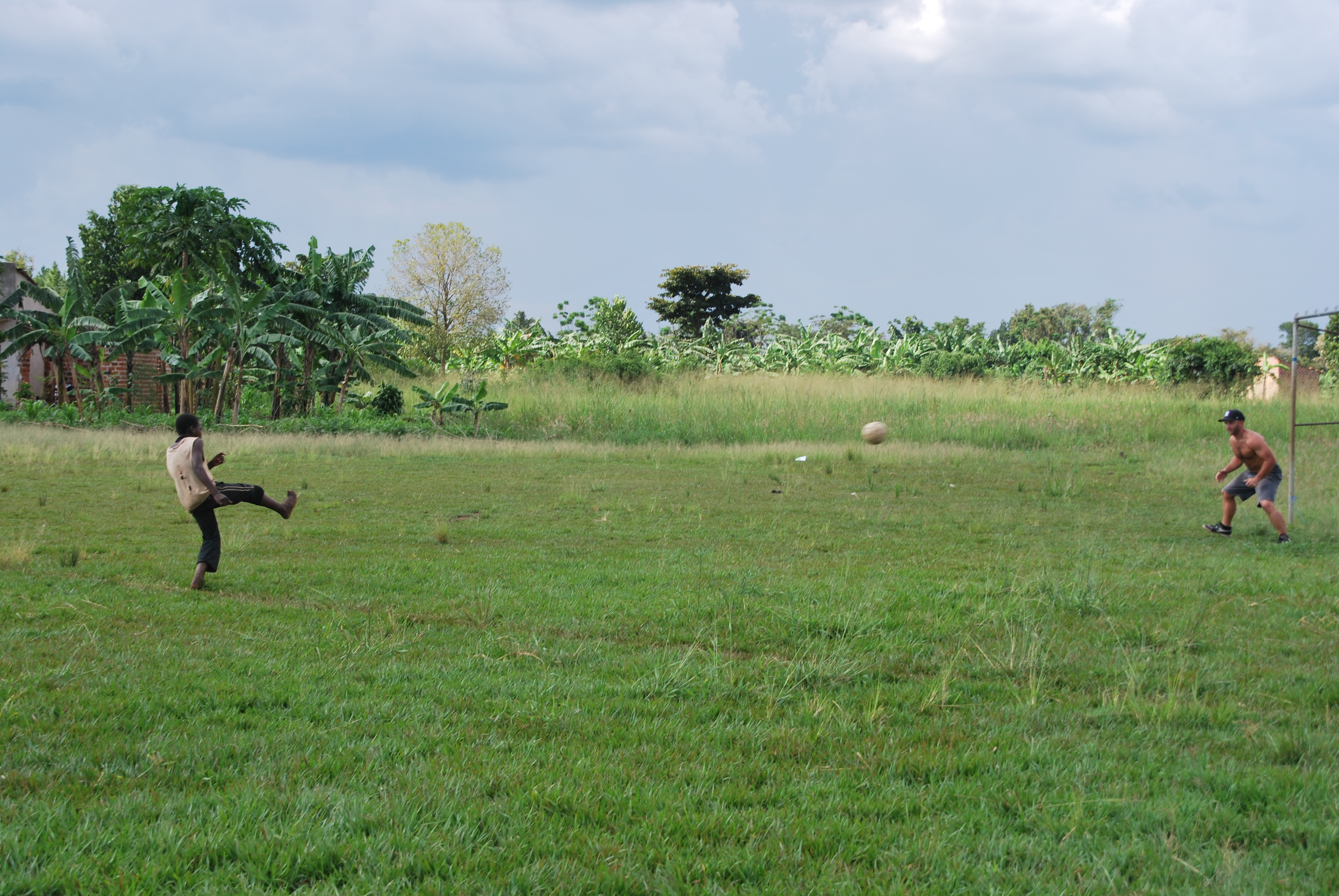
Right as Rain: Pace and PlacementWhen I was a kid, my soccer coach used to run a drill called “Power and Finesse.” Each player would line up single-file about 20 yards from the goal and the coach, standing to the right or left of the goal, would roll two soccer balls out for us to shoot. The first ball would […]
›

